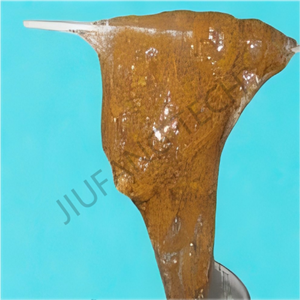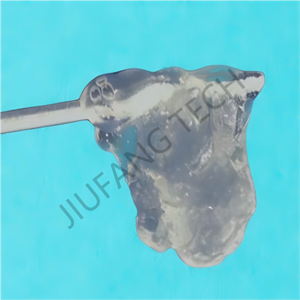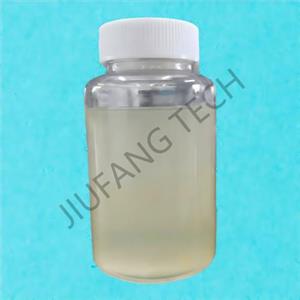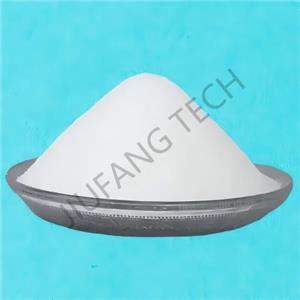more products
News
Featured Products
Contact Details
How to Treat Wastewater from Chemical Plants?
01-08-2025
How to Treat Wastewater from Chemical Plants?
In the production process of chemical plants, a large amount of wastewater is inevitably generated. If such wastewater is not properly treated, it will cause serious pollution to the environment. Therefore, the treatment of wastewater from chemical plants is particularly important. This article will discuss the treatment methods and related technologies for wastewater from chemical plants.
First of all, the wastewater generated by chemical plants generally contains a variety of harmful components, such as high-concentration chemicals, heavy metals, salts, ammonia nitrogen, etc. These components not only affect the aquatic ecosystem but also may pose potential threats to human health. Therefore, the primary task in treating this wastewater is to remove harmful components to meet the discharge standards.
Wastewater Classification
Before treating wastewater, it is first necessary to classify it. According to the composition and pollution degree of wastewater, it can be divided into high-concentration wastewater and low-concentration wastewater. High-concentration wastewater usually comes from specific links in chemical production, such as synthesis reactions and washing processes, and contains a large amount of organic matter and heavy metals. Low-concentration wastewater is relatively cleaner, mainly from processes such as equipment cooling and cleaning. It is essential to adopt different treatment schemes for different types of wastewater.
Physical Treatment Methods
Physical treatment methods mainly include processes such as sedimentation, filtration, and adsorption. Through physical means, suspended solids and some soluble pollutants in wastewater can be removed. For example, sedimentation uses gravitational force to make solid particles settle, thereby achieving preliminary purification of wastewater. Filtration uses the pore structure of filter materials to remove particles in water, while adsorption uses the characteristics of adsorbents to remove organic matter and heavy metals in water. However, physical treatment methods alone cannot completely remove all pollutants and usually need to be combined with other treatment methods.
Chemical Treatment Methods
Chemical treatment methods mainly achieve wastewater purification by adding chemical agents. For example, redox reactions are used to remove organic matter and ammonia nitrogen in water. The Fenton reaction is a common chemical oxidation method that degrades organic pollutants by generating hydroxyl radicals. In addition, precipitation can also be used by adding flocculants to convert dissolved substances in water into solids, which are then removed by sedimentation. Although chemical treatment methods are effective in removing pollutants, they may bring about secondary pollution from chemical agents.
Biological Treatment Methods
Biological treatment methods use the metabolic role of microorganisms to remove organic matter in wastewater. Common biological treatment methods include activated sludge process and biofilm process. The activated sludge process removes organic matter in wastewater by cultivating activated sludge, which settles in the wastewater. The biofilm process, on the other hand, forms a biofilm by attaching microorganisms to solid carriers and uses their ability to degrade organic matter for treatment. Biological treatment methods are usually suitable for the treatment of low-concentration wastewater but have limited effects on high-concentration wastewater.
New Treatment Technologies
With the development of science and technology, many new wastewater treatment technologies have emerged. Among them, Jiufang Environmental Protection focuses on the research and development of zero-discharge treatment technology for industrial wastewater and is committed to building a green ecological cycle system. Jiufang Environmental Protection has more than 20 years of experience in industrial wastewater treatment and has developed advanced oxidation technology in cooperation with many universities, focusing on solving the problem of high-concentration industrial wastewater treatment. The company's innovative industrial wastewater treatment system has been widely used in many industries such as automobile, electronics, and furniture, and has been recognized by many enterprises.
Jiufang Environmental Protection's high-concentration industrial wastewater treatment has significant advantages: first, the removal rate can reach 99%, which can effectively remove pollutants such as high COD, high salt content, high ammonia nitrogen, and high toxicity; second, the treatment cost is reduced by more than 70%, and it has strong anti-load capacity; third, this technology does not require the addition of chemical agents, avoiding the risk of secondary pollution from the source; fourth, the system operates stably, the project covers a small area, no special personnel are required on duty, and it is equipped with a complete digital management system, which can realize efficient operation and maintenance.
Comprehensive Treatment Schemes
To improve the efficiency and effect of wastewater treatment, many chemical plants choose comprehensive schemes that combine multiple treatment methods. For example, first, most suspended solids are removed through physical treatment, then soluble pollutants are removed using chemical treatment methods, and finally, biological treatment methods are adopted for deep purification. This multi-stage treatment scheme can effectively improve the wastewater treatment effect and reduce the impact on the environment.
Monitoring and Management
In the process of wastewater treatment, monitoring and management are also crucial. Through real-time monitoring of the wastewater treatment system, problems can be found and adjusted in a timely manner. In addition, establishing a scientific management system to ensure the normal operation of wastewater treatment facilities can effectively improve treatment efficiency and reduce operating costs.
In conclusion, the treatment of wastewater from chemical plants is a complex and important task. Through the classification of wastewater and the comprehensive application of physical, chemical, and biological treatment methods, pollutants in wastewater can be effectively removed, the environment can be protected, and ecological balance can be maintained. With the continuous development of new technologies, wastewater treatment in the future will be more efficient and environmentally friendly. By striving to achieve zero discharge of industrial wastewater, we can contribute to sustainable development.
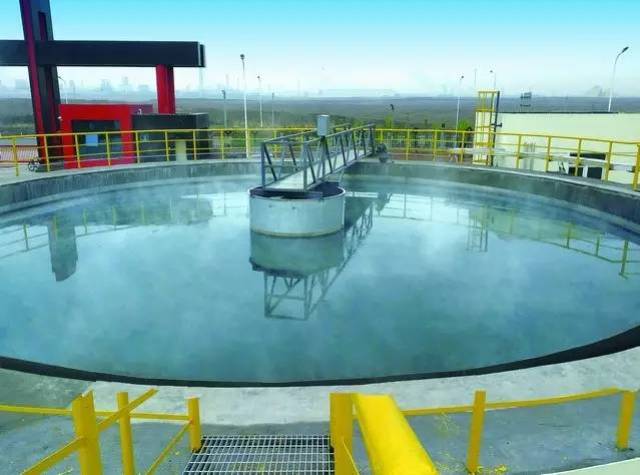
Get the latest price? We'll respond as soon as possible(within 12 hours)

